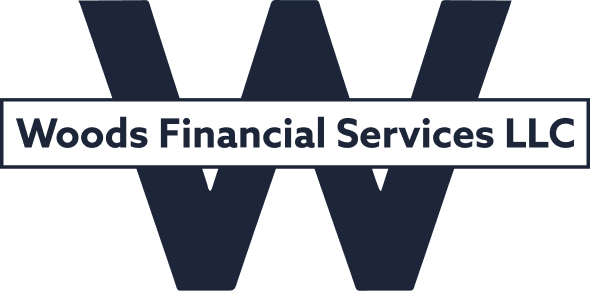Certified Public Accountant
In order to become a CPA in the United States, the candidate must sit for and pass the Uniform Certified Public Accountant Examination (Uniform CPA Exam), which is set by the American Institute of Certified Public Accountants and administered by the National Association of State Boards of Accountancy. The CPA was established in law on April 17, 1896.
Eligibility to sit for the Uniform CPA Exam is determined by individual State Boards of Accountancy. Typically, the requirement is a U.S. bachelor’s degree which includes a minimum number of qualifying credit hours in accounting and business administration with an additional 1-year study. This requirement for 5 years study is known as the “150-hour rule” and has been adopted by the majority of state boards, although there are still some exceptions (e.g. California). This requirement mandating 150 hours of study has been adopted by 45 states.
The primary functions CPA fulfill relate to assurance services, or public accounting. In assurance services, also known as financial audit services, CPAs attest to the reasonableness of disclosures, the freedom from material misstatement, and the adherence to the applicable generally accepted accounting principles (GAAP) in financial statements. CPAs can also be employed by corporations-termed “the private sector”-in finance functions such as Chief Financial Officer (CFO) or finance manager, or as CEOs subject to their full business knowledge and practice. These CPAs do not provide services directly to the public.
CPAs also have a niche within the income tax preparation industry. They may also provide business consultation in the areas of entity set-up, quickbooks assistance, financial statements, and buying v. leasing of equipment.
Whether providing services directly to the public or employed by corporations or associations, CPAs can operate in virtually any area of finance. While some CPAs are generalists and offer a range of services (especially those in small practices) many CPAs specialize in just one area and do not provide all services.
Individuals who become certified must complete the following ongoing ethics and education requirements in order to maintain the right to continue to use the CPA marks:
- Ethics — Over 40 of the state boards now require applicants for CPA status to complete a special examination on ethics, which is effectively a Fourth E in terms of requirements to become a CPA. The majority of these will accept the AICPA self-study Professional Ethics for CPAs CPE course or another course in general professional ethics. Many states, however, require that the ethics course include a review of that state’s specific rules for professional practice.
- Continuing Professional Education (CPE)–CPAs are required to take continuing education courses in order to renew their license. Requirements vary by state but the vast majority requires 120 hours of CPE every 3 years with a minimum of 20 hours per calendar year. The requirement can be fulfilled through attending live seminars, webcast seminars, or through self-study (textbooks, videos, online courses, all of which require a test to receive credit). As part of the CPE requirement, most states require their CPAs to take an ethics course during every renewal period. Again, ethics requirements vary by state but the courses range from 2-8 hours.

